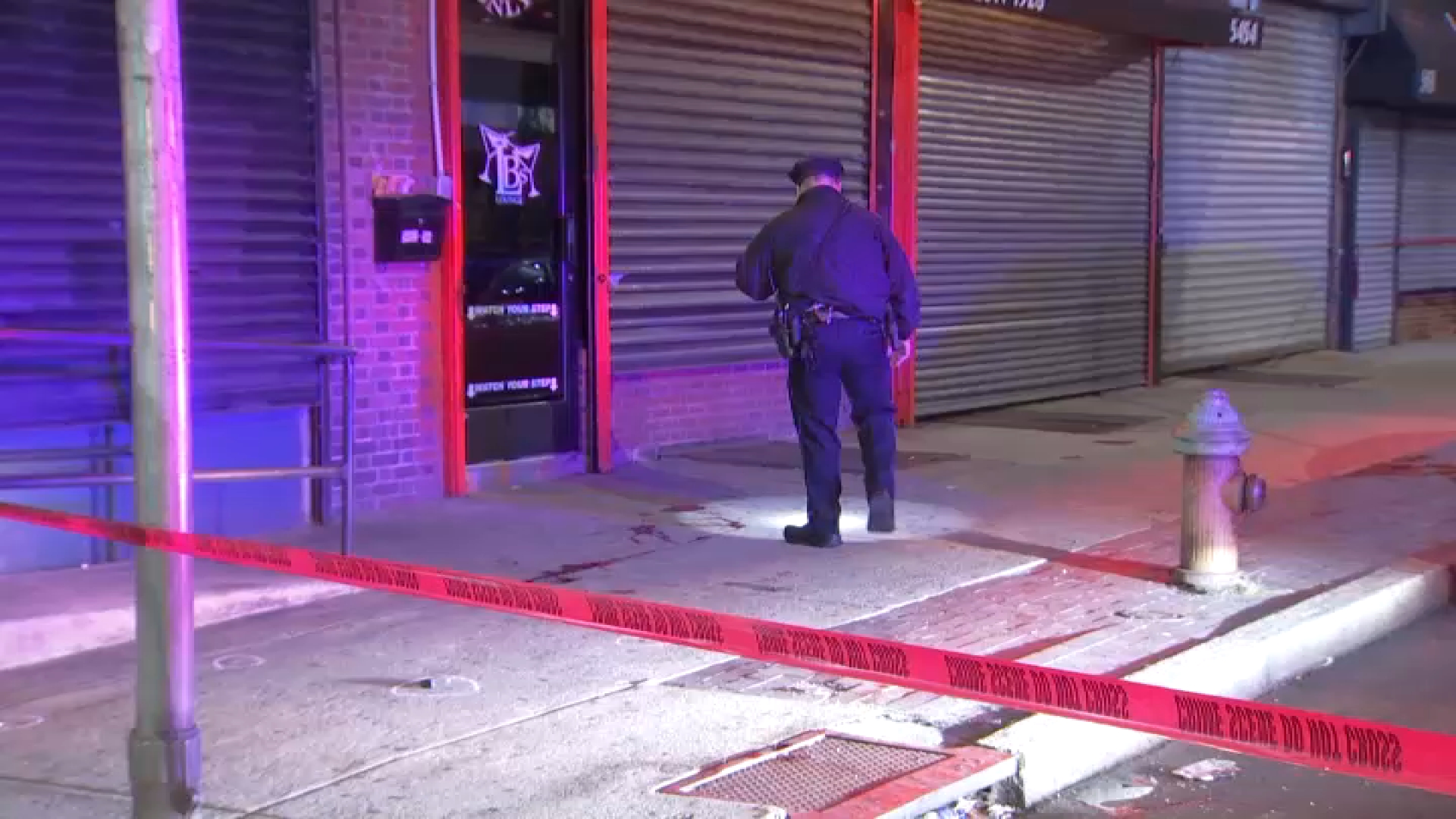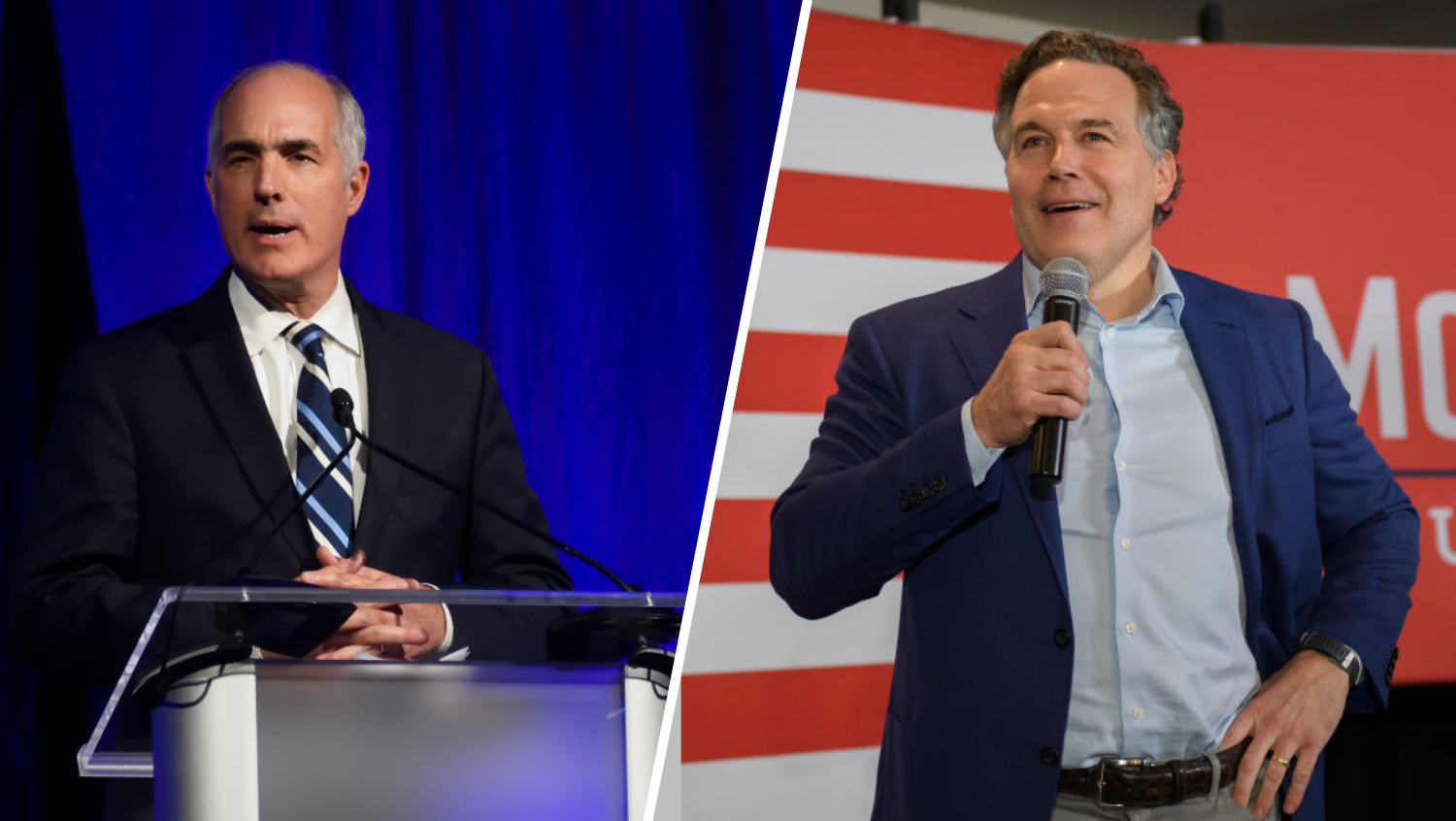Even as financially strapped Catholic schools continue to close across the country, no one in Philadelphia ever thought the church would shutter Cardinal Dougherty High School.
Not the flagship campus that once boasted 6,000 students and billed itself as the biggest Catholic school in the world. Not the school whose marching band once played for a pope, a princess and a presidential inauguration.
Not Cardinal Dougherty.
But the unthinkable came to pass in October when the Philadelphia archdiocese announced 2009-10 would be Dougherty's last school year. The school, a victim of declining enrollment and changing demographics, will close this month after 54 years and more than 40,000 graduates.
"My head understands it, but it really hurts your heart," said 1966 alumnus Tony Conti. "This is where I went to high school, this is where I met my wife."
Dougherty is hardly alone. Nationwide, 174 Catholic schools have closed in the past year, compared with 24 opening, according to the National Catholic Education Association. Catholic school enrollment in the U.S. has declined 20 percent in the past decade.
Named after a former archbishop of Philadelphia, Dougherty opened in 1956 in the city's East Oak Lane section with more than 2,600 freshmen and sophomores.
Local
Breaking news and the stories that matter to your neighborhood.
The students -- almost all white and almost all Catholic -- paid no tuition, because local parishes could afford to subsidize the cost. A wall divided the boys' and girls' sides of the building.
"The only thing the males and the females shared was the chapel," said Jack Seydow, a member of Dougherty's first graduating class in 1959. "So I went to chapel a lot."
By 1965, the school reached its peak enrollment of 5,944, staggering schedules to accommodate the crowds. Church officials today can't say how they verified Dougherty's title of the world's largest Catholic school, but the oft-repeated claim gave students "a tremendous sense of pride," Conti said.
Pride also stemmed from Dougherty's renowned marching band. In its 1960s heyday, about 200 students participated in the band, color guard and drill team, an ensemble so popular that it recorded albums each year. People joked it was the only band with a high school attached.
Dougherty performed for Pope Paul VI at the Vatican, President Lyndon Johnson's 1965 inauguration and for Princess Grace of Monaco, a Philadelphia native. The band played at NFL games -- including the 1962 championship -- and won a world competition in The Netherlands in 1966.
"We were very much in demand in those days," said Msgr. James Mortimer, who managed the band from 1957-68. "We were the best, and everybody knew it."
Though an alumni group still performs, the school has not fielded a marching band in about 20 years. Dougherty's enrollment -- about 600 students this year -- fell 43 percent in the past decade, and was projected to fall another 34 percent over the next three years, officials said.
Urban Catholic schools have been hard hit by dwindling enrollment. Neighborhoods once filled with large families have emptied as parishioners move to the suburbs. For those in the city, free charter schools are an appealing option.
Some dioceses paying settlements to priest-abuse victims have less money to subsidize school operations. Fewer subsidies leads to higher tuition, which fewer families can afford in a recession, creating a vicious circle.
"We are faced with rising costs to maintain the overhead of large, older schools that simply are not operating close to their capacities," Richard McCarron, the archdiocese's secretary for Catholic education, said in announcing Dougherty's closing.
Joseph Caruso, a 1967 alum who returned to teach for 39 years, blasted church officials for the decision. The closing will end family traditions of attending Dougherty and leave inner-city students with one less alternative to the academically troubled public schools, he said.
"You can't measure success all the time by the bottom line," Caruso said. "I just don't think that they understand how many lives this is affecting. I really don't think they care."
Older alums praised Dougherty for its rigorous academics, taught by a cadre of conscientious priests and nuns. Seydow, who said his parents never went to high school, was thrilled to learn Latin and French.
"For me, it was an intellectual awakening," said Seydow, now an English professor at La Salle University in Philadelphia.
Over the years, the wall between the sexes came down, and laity increasingly replaced religious teachers in the classrooms. Current students describe Dougherty as a model of tolerance and diversity, with more than 30 countries represented and about 42 percent non-Catholics. They described the small, close-knit school as a family.
"I was here my four years more than I was at my house," said senior Maureen Hawkins, the daughter of a 1969 Dougherty graduate. "Everyone wants to be here."
Administrators have refrained from using the word "last" -- last prom, last homecoming, last graduation -- to keep the year as normal as possible, Principal Thomas Rooney said.
But it hasn't changed the facts.
The last classes at Dougherty will be held Thursday.



